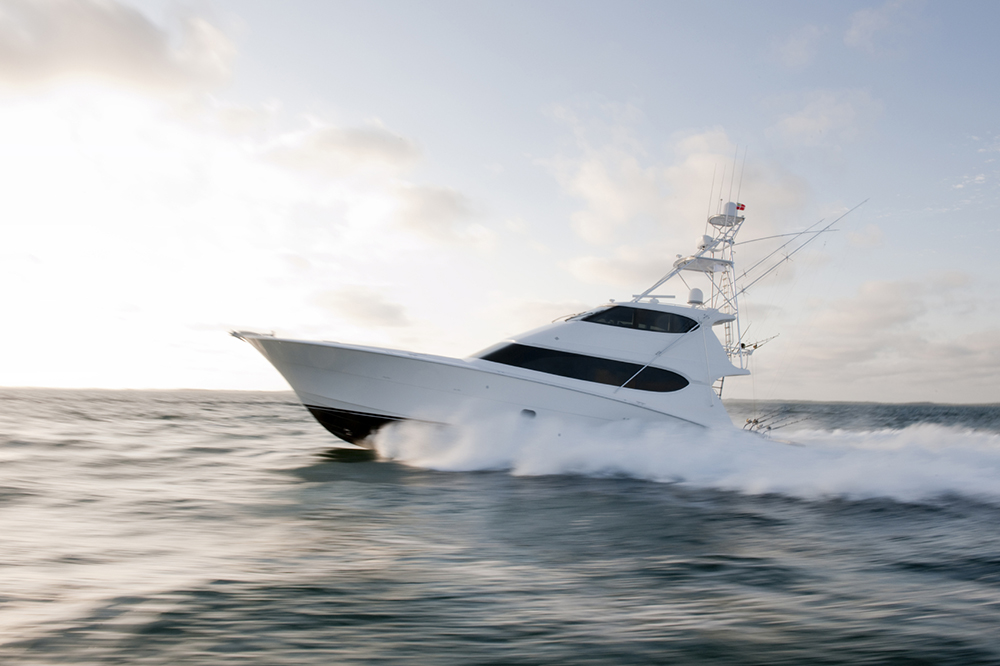
No matter how enjoyable it may be to take a vessel out onto the open water, most would probably agree that boats aren’t the most fuel efficient vehicles around. The costs related to a boat’s fuel needs alone can be high enough to scare off all but the bravest boaters. In fact boats used so much more fuel when compared to land based vehicles, that their fuel use is measured in gallons per hour, or gph, as opposed to miles per gallon. That being said, the fewer gallons your vessel manages to burn per hour, the better. If your vessel runs on a marine diesel engine, you’re already saving more on fuel-related costs hourly than an equivalent gasoline powered vessel would, despite the larger initial investment that diesels require. But like any other vehicle, your fuel costs are ultimately related directly to how often your boat is used, how it is operated, and how regularly it receives maintenance. Fortunately, there are ways to increase the fuel efficiency of your vessel that will also help you to decrease your spending.
Few elements determine the fuel efficiency of a vessel more than its weight – the lighter a boat is, the less fuel required for propulsion. However, even the lightest vessels can experience weight-related fuel economy issues through a phenomenon known as “load creep”. As the owner adds more and more gear to the initially light vessel, the weight of the additions begins to take a noticeable toll on the vessel’s fuel economy. These circumstances can be avoided by periodically going through your vessel and, with an eye towards reducing weight, removing what you don’t really need. That said, the weight of the fuel itself is also a factor, so it may not be necessary to run with a full tank of fuel on shorter trips. You may have to visit a fuel dock more often, but in the end you’ll save money by not having to haul full tanks around and waste more fuel.
You can also shift passengers and gear to achieve a better weight distribution for your vessel. Most boats have a tendency to take on some water, and at 8 lbs per gallon, that extra water tank could seriously drag you down. Emptying your livewell drains and holding tanks often can help you reduce the weight and increase the fuel economy of your marine diesel vessel. However, if you’re boating with a displacement vessel, the additional weight may actually improve fuel efficiency by helping the vessel to proceed more directly through the waters. The optimal weight to fuel ratio of a vessel is unique in every case.
Another way to improve the fuel economy of your vessel is to install a Fuel-Flow Monitor. This device will give you visual feedback on just how much fuel you’re actually burning so you will be able to accurately adjust your speed or driving habits to save even more fuel, something very tough to do without one. For example, if you’re going too fast or too slow to achieve the best possible mpd, the Fuel Flow Monitor will let you know – which is why speed also plays an integral part in determining the fuel efficiency of your vessel. For smaller diesel vessels, the most fuel efficient cruising speed is when the vessel is moving at the lowest speed possible that will still allow to remain on a comfortable plane – the speed increases, fuel economy decreases. The optimum mpd will vary from vessel to vessel. But be careful – while you will get the most nautical miles per gallon by running your engine at a slower pace, too slow for too long could damage the engine.
Check back next time for more fuel & money-saving tips from RPM Diesel!
![]()
